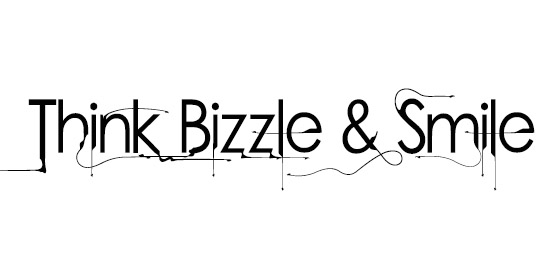Things you didn’t know about teeth whitening
Teeth whitening is something that has been around for an extremely long time and it seems that it something that will continue to grow in popularity.
In-office and over-the-counter whitening treatments all claim they can make our teeth white, but is there something that we don’t know about the process?
Below are a few pieces of information you may not have known about teeth whitening:
#1. Same ingredients – No matter if you purchase a home tooth whitening kit or opt for a more costly procedure, the ingredients and technology is consistent across the board. All tooth whiteners will use hydrogen peroxide as the main agent to whiten teeth. Although, there are some treatments that differ in that they may use blue plasma light to activate the gel, whereas others will let it work alone.
#2. Too white teeth – This can happen. Whitening teeth should be done to a certain level, and not too much that the teeth are startlingly white.
#3. Sensitivity – Some people may experience sensitivity following teeth whitening, however, this sensation is often caused by the hydrogen peroxide, which can dehydrate the teeth, but the sensation shouldn’t last longer than 24 hours.
Home teeth whitening kits are growing in demand, get your teeth whitening kit at Think Bizzle!



